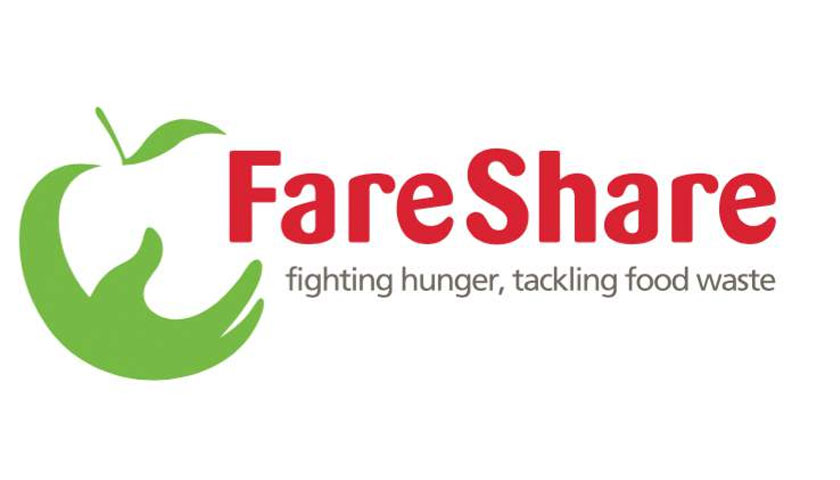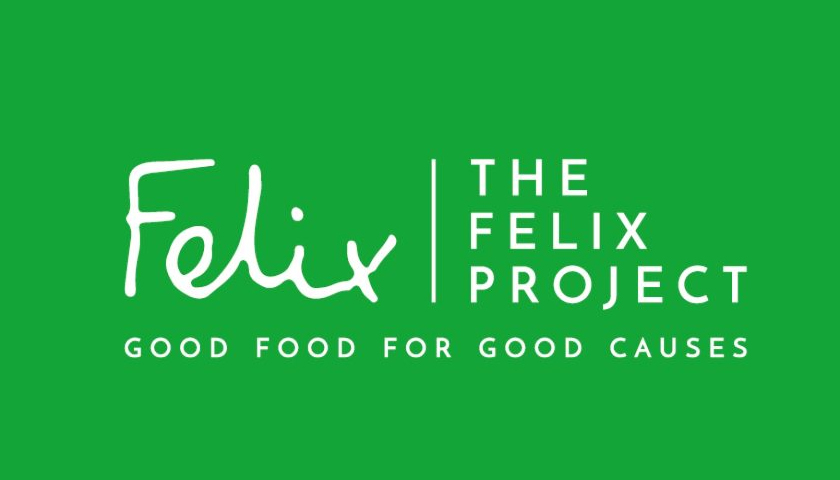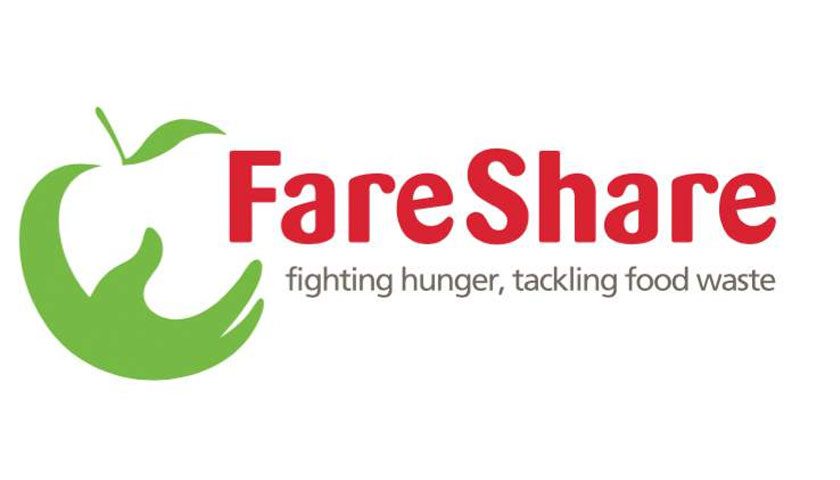New research has shown that the Government saves nearly £118 million a year by getting nutritious, edible food to people rather than letting it go to waste. Food redistribution through FareShare was found to make savings to the NHS, childcare costs, and the cost of destroying food waste.
The Hertfordshire Business School at the University of Hertfordshire conducted the research in partnership with FareShare, the UK’s largest food redistribution charity, which rescues 50,000 tonnes of surplus food to over a million people across the UK every year.
The charity strengthens communities through food, by redistributing surplus via a network of charities and community groups that tackle the root causes of poverty. Alongside food, they provide wraparound services such as domestic violence shelters, breakfast and after school, and older people’s lunch clubs.
The research found that better access to food for people on low incomes leads to a number of savings to the State, including a significant reduction in hospital admissions for cardiovascular disease, as well as early intervention for mental health support – saving the NHS from having to provide intensive support.
Three-quarters of the charities benefiting from food through Fareshare support children and families, and many of which provide childcare, saving parents and the State soaring childcare costs.
In a new survey of the 8,500 charities and community groups receiving food from FareShare:
- Almost 90% of charities say that demand for their services increased in the past year
- 71% are seeing more people accessing support for the first time
- Over half (57%) of those people are in employment
- 65% of charities seeing new people say they are seeing more families with children who need support.
While demand for food from FareShare has skyrocketed, 3 million tonnes – the equivalent of 7 billion meals – goes to waste on UK farms every year.
FareShare has calculated that by committing £25 million per year, the Government could deliver 42,500 tonnes of surplus food – the equivalent of 100 million meals – to those experiencing food insecurity. This funding would make it cost-neutral for farmers and food businesses to redistribute their surplus food by paying for labour, packaging and transport.
Lindsay Boswell, CEO at FareShare said: “FareShare takes an environmental problem and turns it into a social good. There will always be surplus food, but we believe, and this research proves, that surplus acts as a gateway for other services, helping individuals and strengthening our communities through food. Not only does a more balanced diet produce obvious health benefits, but sharing a meal brings people together and can tackle loneliness. The cost avoided by the State is a staggering £118 million a year, yet so much of this delicious surplus food goes to waste in our farms and factories every year. This is indefensible when so many people across the UK are struggling. We need the Government to invest in food redistribution and get good food to people who need it, not let it go to waste.”
Rebecca Long at Hala Pantry, a weekly food club in Lancashire, describes how the social benefits of collecting surplus food are just as important as the health benefits:
“For some members, we are their only social contact in a week. We provide space for them to meet others in a socially acceptable way. This has allowed them to form friendships and has not only improved their ability to afford food, but also their mental health and wellbeing.”
In addition to identifying savings to the State, the research has calculated an additional £108 million of savings to the beneficiaries who receive this food. FareShare provides food to over a million people across the UK, and this means the overall socio-economic impact of FareShare increases to £225 million a year for the State and beneficiaries all together. With food prices rising at their fastest rate in 45 years, providing food to people means that there are potentially greater savings to the State, as this will decrease the need for support from the Government to beneficiaries given the scale of the impact that the cost-of-living crisis is having on health and wellbeing.
FareShare’s innovative Surplus with Purpose (SWP) scheme covers the cost for British farmers to pick, package, and transport their surplus food, which FareShare then delivers to charities. Despite being the largest service in the UK, FareShare lacks consistent funding to maintain redistribution at scale. In 2019, the organisation received a £1.9 million grant as part of a £15 million UK government project to tackle food waste. However, the Government has since failed to deliver any further funding for the redistribution of good-to-eat food.
To find out how to support FareShare, and demand the Government to take action, visit https://fareshare.org.uk/publicaffairs


